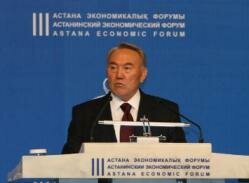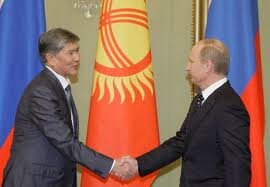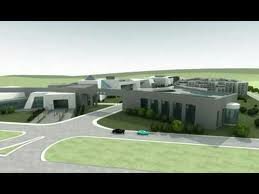



Many states and societies in today’s world are experiencing the rise of ethnic and religious consciousness. Therefore identity-related issues counted among the issues, which are the most debated, contested and attractive to both political elites and public. This vibrant growth in popularity of identity-related issues gives a result of upsurge of nationalism, radicalism, inter-ethnic and inter-communal tensions and disputes. One of the main reasons of the above-mentioned problems is the emergence of “exclusivist”, “narrow” identities, which lead to the raising tensions among different groups of people.
Read more: Solving identity-related problems in the Central Asia: establishing inclusive identities
Universities play a significant role in society. The university’s influence on society is tremendous. It extends far beyond its walls, since students carry the habits and the world-views they learn from university into society at large. It is possible to argue that many frauds in political and economic life have deeper roots in the university than we are ready to acknowledge and even imagine. Therefore, universities must recognize the special responsibilities placed upon them.
The Fourth Astana Economic Forum brought together Nobel Prize Laureates and many influential people from around the world. Among them Robert Mundell who calls for basket of currencies instead of dollar in world monetary system, Finn E. Kydland known for his works on business cycles and gold standard, and John Nash who is the major contributor to the Game theory. Also the one of the striking features of the Forum was the speech of the Mr. Nazarbayev speech which worth mentioning because it is the first time the President publicly challenges neoliberal strategies and market fundamentalism by well prepared arguments. Also the speech contains the reasons behind the economic policies being implemented in Kazakhstan and it helps to understand the expectations of Astana from regional integration initiatives on post-Soviet area[1].
The issue of joining the Customs Union of Belarus, Kazakhstan, and Russia (CU) is subject to hot debates in Kyrgyzstan and Ukraine. Kyrgyzstan as the member of WTO benefited from re-export of Chinese goods mainly to Kazakhstan, Russia, and Uzbekistan due to its membership in EURASEC. The establishment of the Customs Union led to serious changes in trade relations among EURASEC countries. The re-exports from Kyrgyzstan become the topic of the discussions on the high-level meetings of the Customs Union officials and as the result Russian customs officers will be involved in customs control procedures on borders between Kazakhstan and Kyrgyzstan. Another major challenge for Kyrgyzstan is the increase in tariffs for Russian oil and oil products exports which are employed by Moscow for greater bargaining power in the Customs Union negotiations. Although most of the western oriented media coverage of the Kyrgyzstan’s dilemma in joining the Customs Union presents this issue as the Moscow attempt to gain more influence, there are some economic aspects that should be considered first.
Read more: Joining the Customs Union: The Dilemma of Kyrgyzstan
The euphoria of independence after the collapse of the Soviet Union destroyed economic relations between countries that shared before common market. Each independent country faced many difficulties in development their economies. The first step for economic integration was made in 1994 when Free Trade Zone Agreement was signed by 12 CIS countries (History of EurAsEC, n.d). It shaped basics for integration of the CIS countries economies but due differences in economies and political issues caused that some countries joined the Agreement on temporary basis. The second step was establishment of EurAsEC on October 10, 2000 in Astana by presidents of Belarus, Kazakhstan, Kyrgyzstan, Russia, and Tajikistan (History of EurAsEC, n.d).

 O-Sense
O-Sense
We have 4 guests and no members online